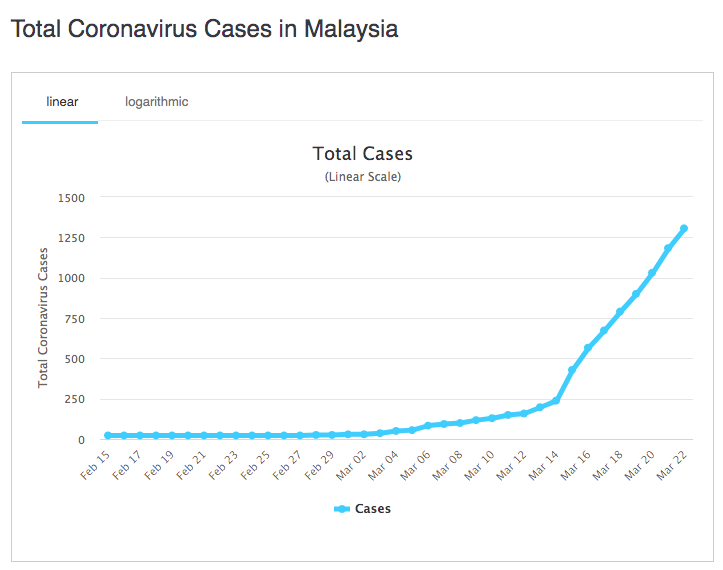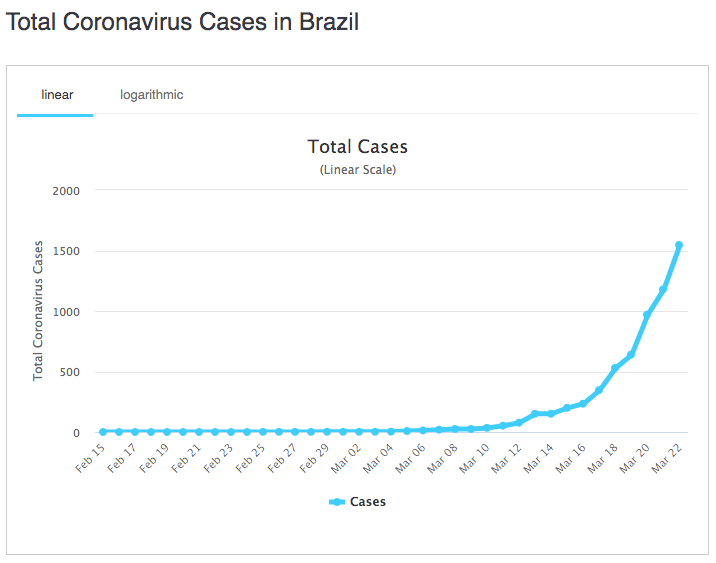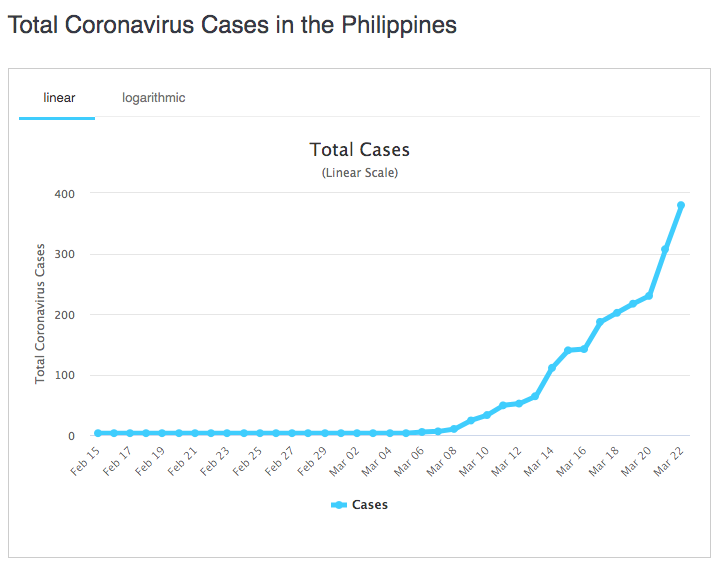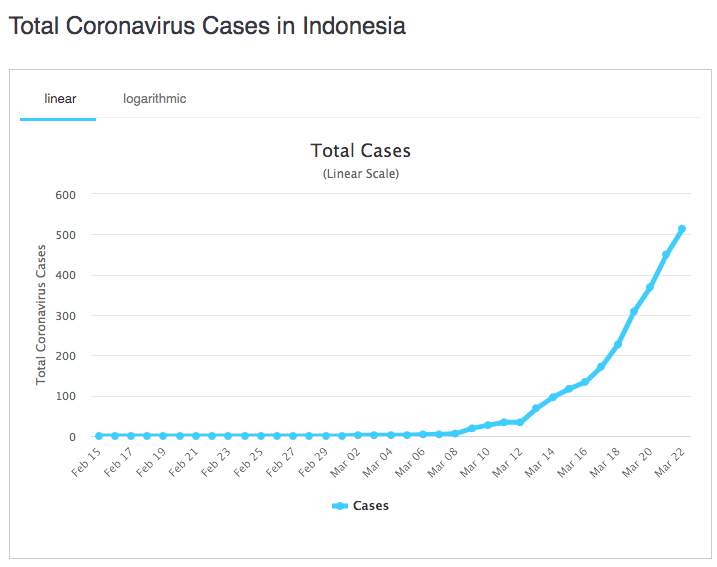“Warm, humid weather will take care of the problem”
Maybe, but that’s not obvious to me:




______
Off topic: A while back, I was hammered in multiple comment sections for daring to ask whether it’s possible that surgical masks actually do work for average people. Scott Alexander reviews a great deal of literature, and its very much an open question. Anyone who tells you they definitely don’t work, or even “they definitely don’t do very much good”, is lying. We don’t know if they work, but there are plenty of studies suggesting they might. I expect apologies from all of you smarty pants that suggested I was peddling nonsense.
This reopens the question of whether the low community transmission rate in East Asia might be partly a function of widespread mask wearing.
PS. Trump suddenly re-labels coronavirus as the “China virus” while his aides prefer “Kung flu”, and a few days later we see this headline:
New York Is Fighting A Surge Of Hate Crimes Against Asian-Americans Due To Coronavirus
(Watch somebody mention “German measles” in the comment section. I would hope that people who spend hours in comment sections of blogs could recognize trolling when it’s right in front of their eyes.)
And then a few days after our president decides to give out medical advice on TV, we see this story:
An Arizona man has died after ingesting chloroquine phosphate — believing it would protect him from becoming infected with the coronavirus. The man’s wife also ingested the substance and is under critical care.
The toxic ingredient they consumed was not the medication form of chloroquine, used to treat malaria in humans. Instead, it was an ingredient listed on a parasite treatment for fish.
The man’s wife told NBC News she’d watched televised briefings during which President Trump talked about the potential benefits of chloroquine.
After a previous post, I had multiple people claiming that I was suggesting chloroquine is ineffective against coronavirus. I never said that and don’t believe that. Call me crazy, but I just don’t think the President should be recommending that people ingest specific chemicals. Please, leave that to the experts.
In general, if I believe X is true then I’ll tell you that I believe X is true. If not, then don’t assume it.
PPS. Don’t forget that this is my bad blog. If you want to read some good blogging then read George Selgin’s new post.
PPPS. I also highly recommend this Matt Yglesias post, which gave me a better understanding of the Fed’s legal authority (a confusing issue.).

